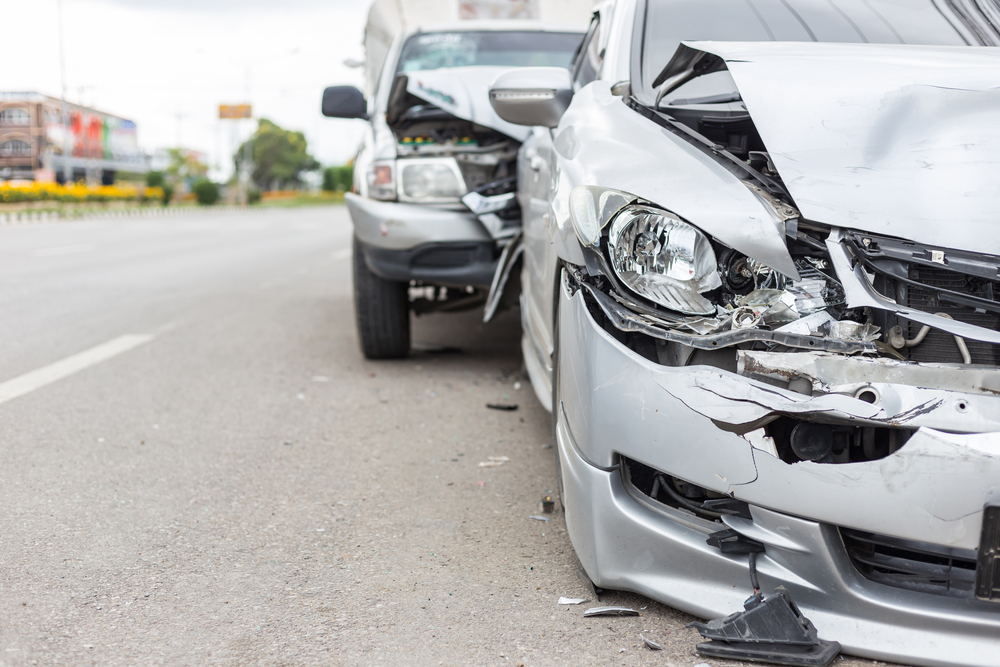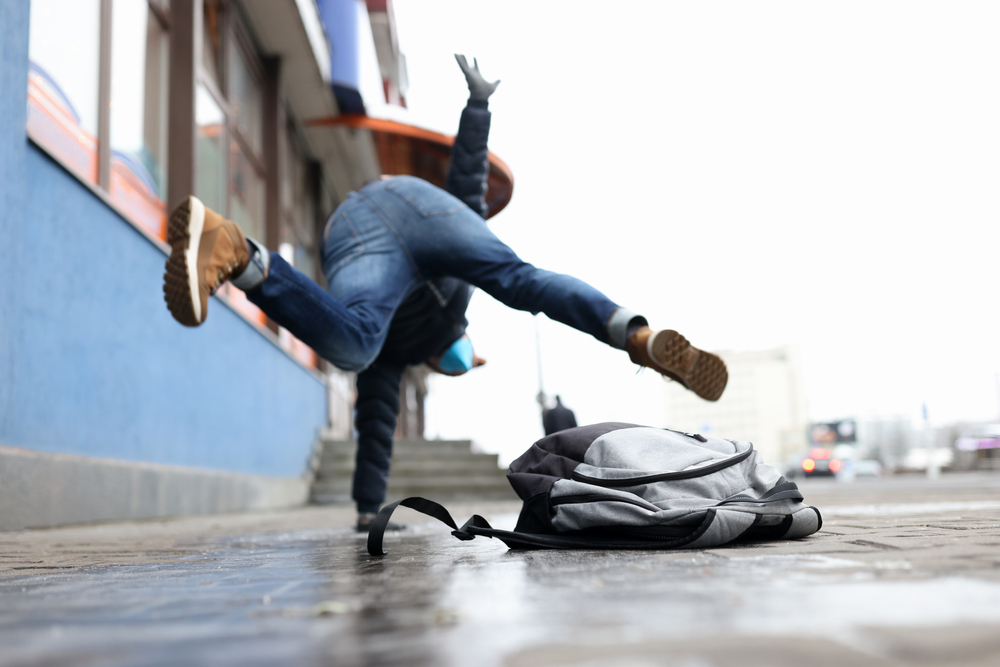Sometimes, accidents occur when you are on another party’s property. This could happen while you’re out to dinner at a restaurant, shopping at a retail establishment, or even visiting a friend’s house. Of course, some accidents are minor and don’t result in significant injury. Others, however, can result in more severe injuries, disrupting your life and those close to you. If you sustain a critical injury on someone else’s property, you may be asking yourself “Who is at fault, and what should I do about it?” Finding the answer starts by exploring something called premises liability.
What Is Premises Liability?
When you’re hurt on someone else’s property, the owner can be held liable for your injury — something that falls under the legal doctrine of premises liability. In essence, this means the injury is the result of some type of unsafe or hazardous condition somewhere on the premises in question.
However, not all property visitors are created equal. This leads us to our next point:
What Are the Different Types of Property Visitors?
There are three types of visitors that could be involved in a premises liability claim — invitees, licensees, and trespassers.
Invitees
Invitees are those that have been invited by the owner to visit the property. They might be an employee, business partner, or customer in a retail setting. The owner/occupier has the highest duty of care to these invited visitors – not only remediating any known dangers but actively seeking out and correcting hidden dangers.
Licensees
Licensees have a lawful reason for visiting the premises, although they aren’t directly invited. They might be a social guest of a tenant. A lower duty of care is owed to licensees — the owner must take steps to ensure a certain level of safety, but no obligation to seek out and fix any hidden dangers.
Trespassers
Trespassers still count as visitors, albeit uninvited and unauthorized. While property owners and occupiers are not required to protect a trespasser, they can be held responsible if they did not notify the public of serious danger (through visible signage, for example), or if the trespasser was injured intentionally.
Proving Negligence
To prove that the personal injury that needs compensation was due to negligence on the property owner’s premises liability, the following needs to be addressed:
- The injured party was owed a duty of care
- The premises owner had knowledge of danger and failed to take reasonable steps to address it in a timely way
- Injury was caused as a direct result of the danger
- Injury resulted in harm that can be alleviated with compensation (medical bills, lost income)
Personal Injury Lawyers That Put You First
Our top-rated personal injury lawyers are ready to help you if you have suffered an injury on someone else’s property. Contact us today and see how we can help.





